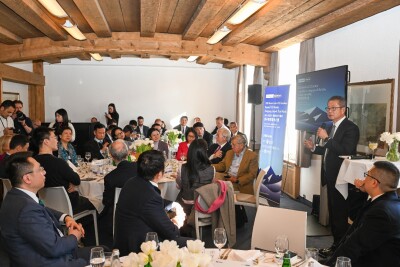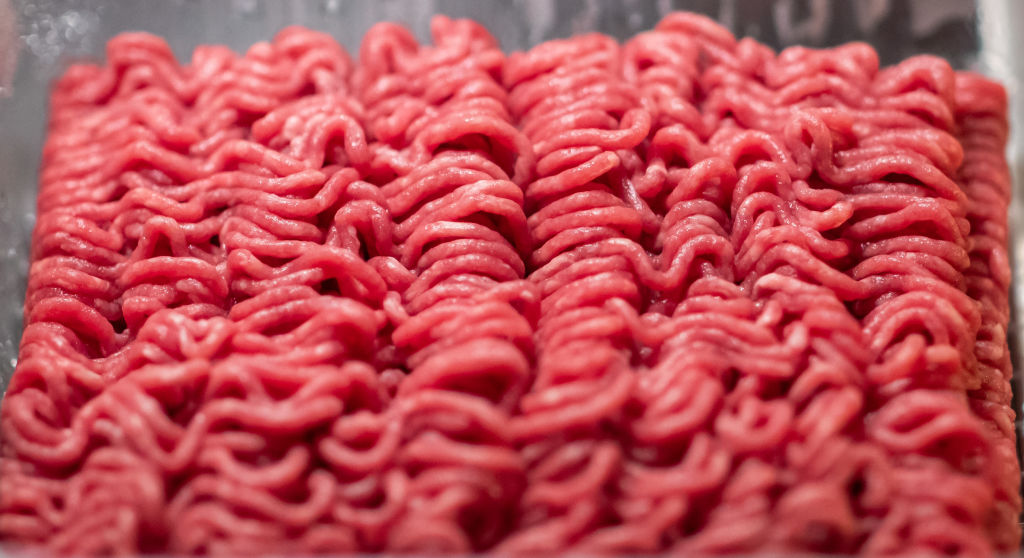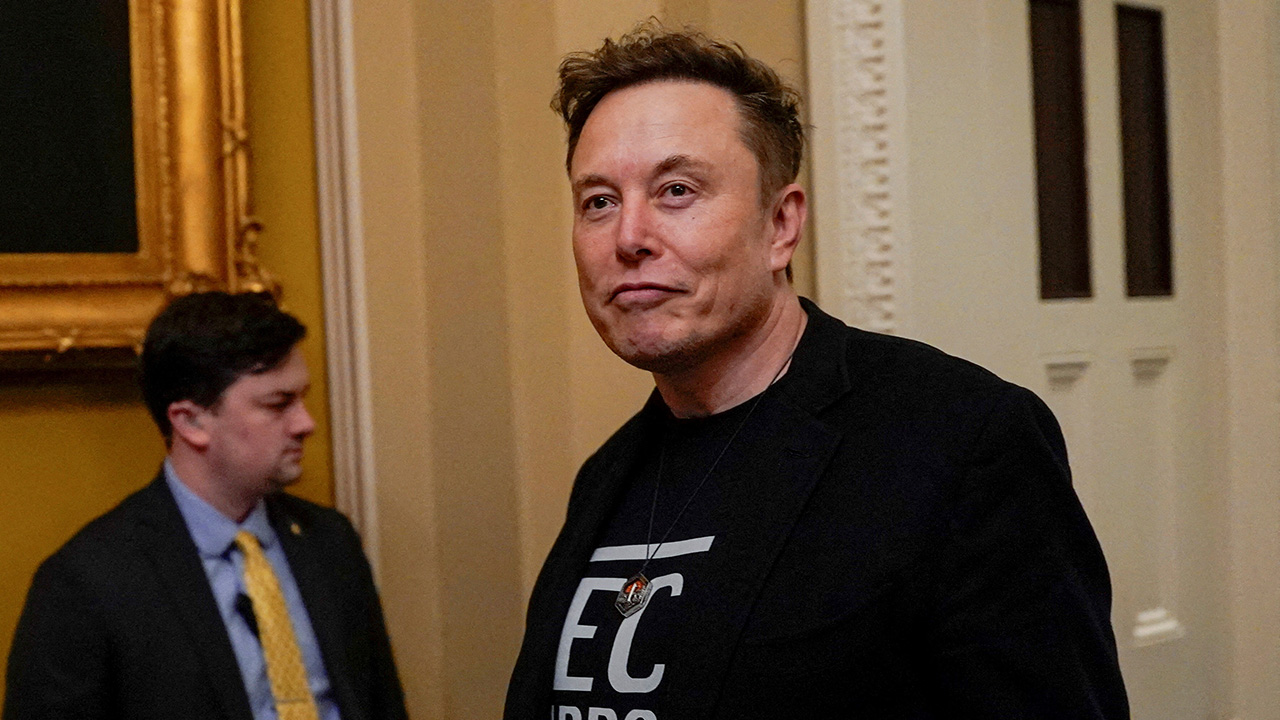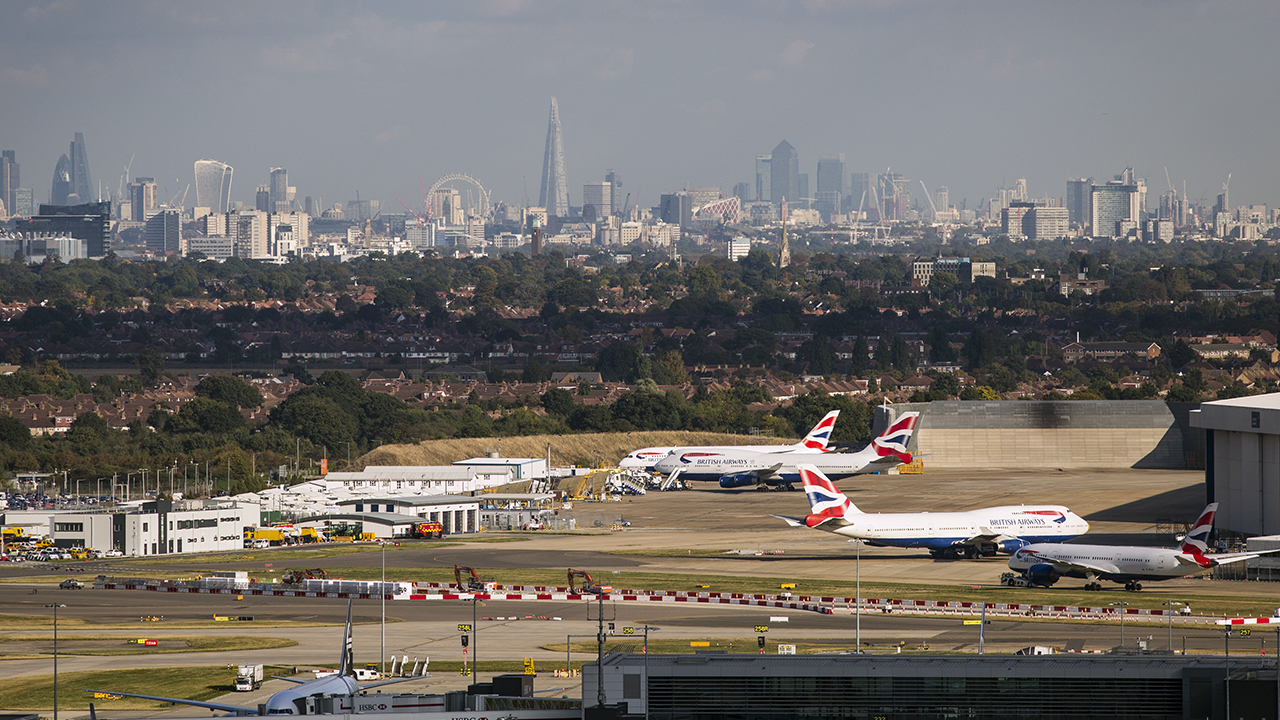Professor Birju Shah on the Future of AI: Transforming Food, Health & the Planet


As one of the most versatile minds shaping our technological future, Professor Birju Shah brings a rare blend of academic insight and hands-on business expertise to the table.
Known globally for scaling transformative platforms at companies like Uber and leading groundbreaking projects in health, AI, and sustainability, Birju is among the most sought-after artificial intelligence speakers of our time.
Blending his experience as a builder, operator, and educator, he now advises startups and corporations alike on navigating emerging technologies and societal change.
As a leading voice among technology speakers and futurism speakers, his insights go far beyond trends—diving deep into the strategic frameworks that drive real-world impact.
In this exclusive interview with The Motivational Speakers Agency, we speak with Professor Birju Shah about the future of AI in healthcare, the role of data in sustainability, and what business leaders can learn from scaling global platforms.
Q: In what ways is artificial intelligence poised to revolutionise the future of food production—from lab innovation to personalised nutrition?
Professor Birju Shah: “Uh, artificial intelligence I think is going to be one of the biggest value creation moments that we have by automating R&D, research and development. Uh, when you think about R&D, R&D usually happens at a chemistry level or a biological level and inventing new ways to produce food, right, or produce drugs in the pharmaceutical industry, right.
“A lot of what we do is research labs across the world – they’re working in silos to invent these new compounds, new synthetics, or new genetically modified seed, or new processes of how to farm even naturally or organically, right.
“Those research labs are very firewalled from each other. They don’t share a lot of data unless they publish and time goes kind of long, right. AI in kind of a couple ways has debunked that. First, a lot of these researchers – their data is leaked, whether they give presentations voluntarily or they don’t – and AI is flattening those walls.
“Okay, so there’s obviously the other side of this – you’ve got to protect your data. But if you don’t, AI right now, in the last 25 years of internet data, they have a lot of data that’s across all the research labs, and so they could kind of automate and simulate more compounds, more seed genetics, more ways to kind of do food itself, right.
“On the flip side of it, AI – when we talk about artificial intelligence – artificial intelligence is really two things. It’s machine learning, which is predictive, meaning using past data to predict some other next action that’s predicted. AI is actually truly creative. We’re not in a world where we’re actually – we have artificial intelligence that is very creative.
“We don’t have the Einstein of food production. Uh, we will get there. That’s the promise that all the companies are offering, but we’re not there. We’re actually still in just a very robust machine learning environment. We’ve been using internet data and all this data to train to predict what AI wants to answer for humans. AI is not being truly creative yet. Okay, but it’s more efficient than us.
“And so what that means is that it could test out 2,000 drug molecules that are brand new and look at all the past history of failed seed genetics, or failed human clinical trials, or failed ways that food interacts with our body, and it could really develop brand new pathways for personalised food.
“So I do, I do view, you know, I’m not sure of the world that we’ll get to, but I view we’re all going to have a personal chef that, based on our genetics, based on our metabolism, based on our diseases, it’s going to tell us, you know, don’t just – don’t make that pancake, but make that pancake with 5g of protein powder, three chia seeds, you know, go ahead and put a lot of sugar in it, because for your body it works for you. Okay.
“And so, I think from food consumption it’s going to be personalised. I think for food production, we’re actually going to find ways to feed the 9 billion population and do it more efficiently and probably do it in a more carbon-sustained way. And that’s fairly magical that this technology is going to assist us in doing.”
Q: How do you envision AI driving tangible progress in sustainability—particularly in industries historically resistant to change?
Professor Birju Shah: “Yeah, I do think that, uh, you know, on AI and sustainability, I think artificial intelligence we could use to simulate scenarios where we are just underperforming as humans, right.
“Uh, we could use it potentially to say what we currently do – how we extract oil, how that process of oil exists, how cows poop and the methane goes into the atmosphere, which is a big, big source of issue – we can start using AI to be an assistant to us, to help invent ways to reduce that.
“I don’t think the world on an energy standpoint and a consumption standpoint is going to change as fast as we think. People still are going to want to eat meat. People are still going to use oil for infrastructure.
“It’s still dependent on a lot of dimensions that you and I don’t control, right, and it’s more related to companies, macroeconomy of GDP. But I actually do think for the first time in a while, companies like Exxon Mobil and Shell are actually looking at this technology and saying, “Hey, we should do this in a more sustainable way, and we could actually use AI to help us do that.” Right.
“So, I think that that’s actually quite exciting – to help be the mitigation technology that humans don’t have necessarily the time to think about at some of these companies or prioritise. But they can get a free prioritisation and free work effort from AI.
“Uh, I think the second part about it is that, you know, I think artificial intelligence – it’s the world about data. So if you can collect more data – for example, the farm field – if I can collect how my soil has changed by planting biochar as a cover crop to do more photosynthesis to trap more carbon in the soil, and then as my tractor goes over it.
“That tractor data has a bunch of sensors that goes into the cloud, and it’s actually saying, “Hey, your biodiversity increased, or your organic matter increased.” AI can automatically be a layered technology on top of that and start telling farmers, you’re actually farming better.
“We’ve automatically filed for your carbon credit or biodiversity credit. It can create this incentive engine that is frictionless for a lot of people to just do better, and organically – not force them with behaviour change – just kind of trigger and interrupt and intervene and say, “Hey, if you do this right now, you can make this money and you’ll actually farm in a win-win way.” Which I think is great.
“Now, the other side of this, the dangerous side, is that AI itself uses a lot of energy, right, and artificial intelligence is using a lot of energy. What I feel really optimistic about is as people are talking about data centres and chips efficiency, they’re doing it in a way that talks about using water responsibly, plugging into the grid, using software to manage the efficiency of it, really understanding in a new age and new generation what the younger kids care about and keeping a sustainable Earth for them.
“Now the world may look like a bunch of data centres – probably the moon will, right – but I think that we’re kind of being responsible, at least the people that I know that are running these projects and doing this in a very responsible way, to not just basically use all the energy that we have on Earth.”
This exclusive interview with Professor Birju Shah was conducted by Mark Matthews of The Motivational Speakers Agency.
The post Professor Birju Shah on the Future of AI: Transforming Food, Health & the Planet appeared first on European Business & Finance Magazine.


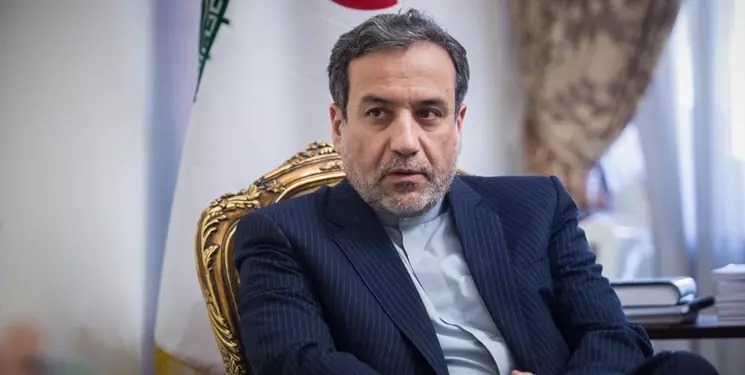
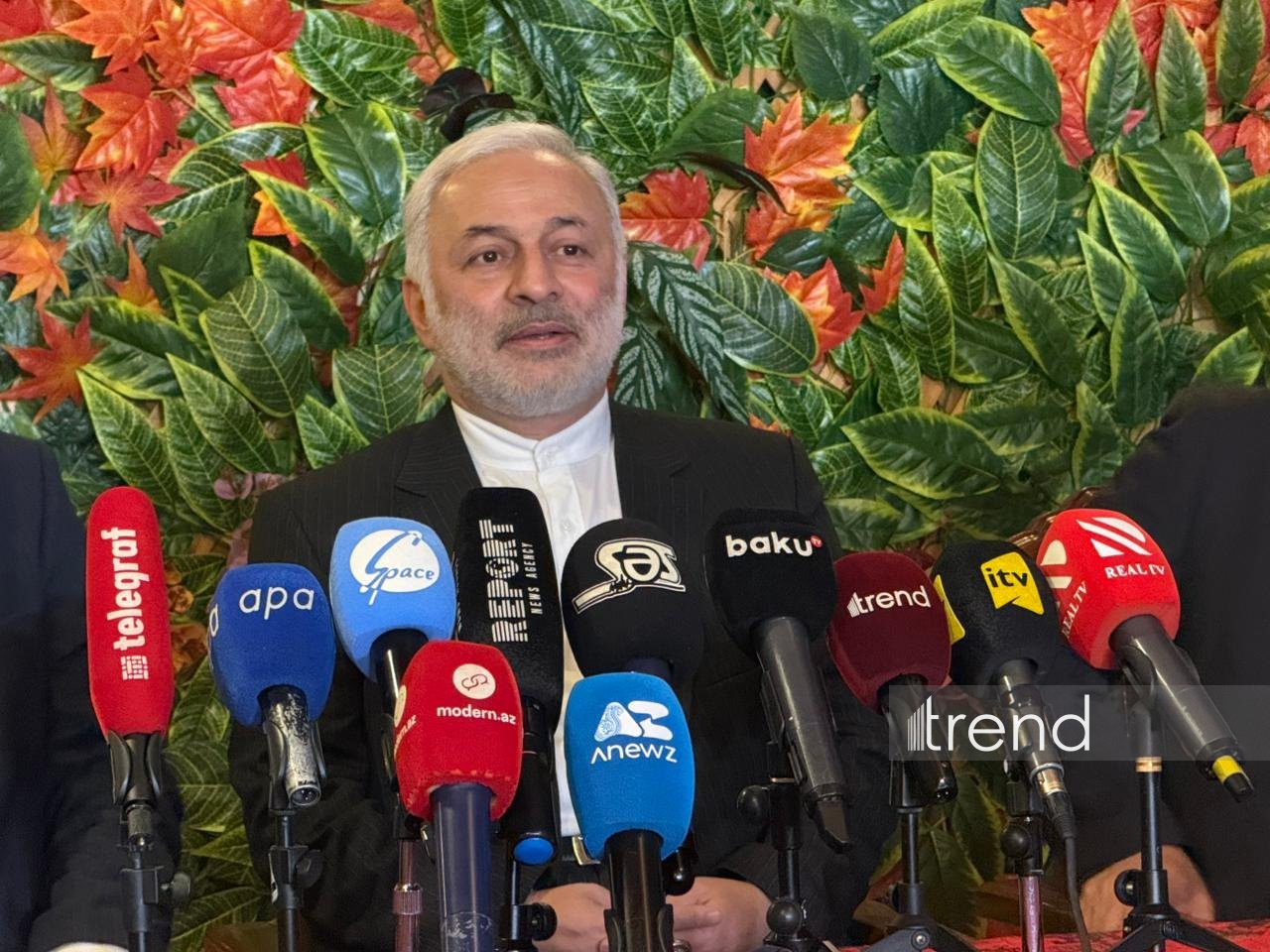
















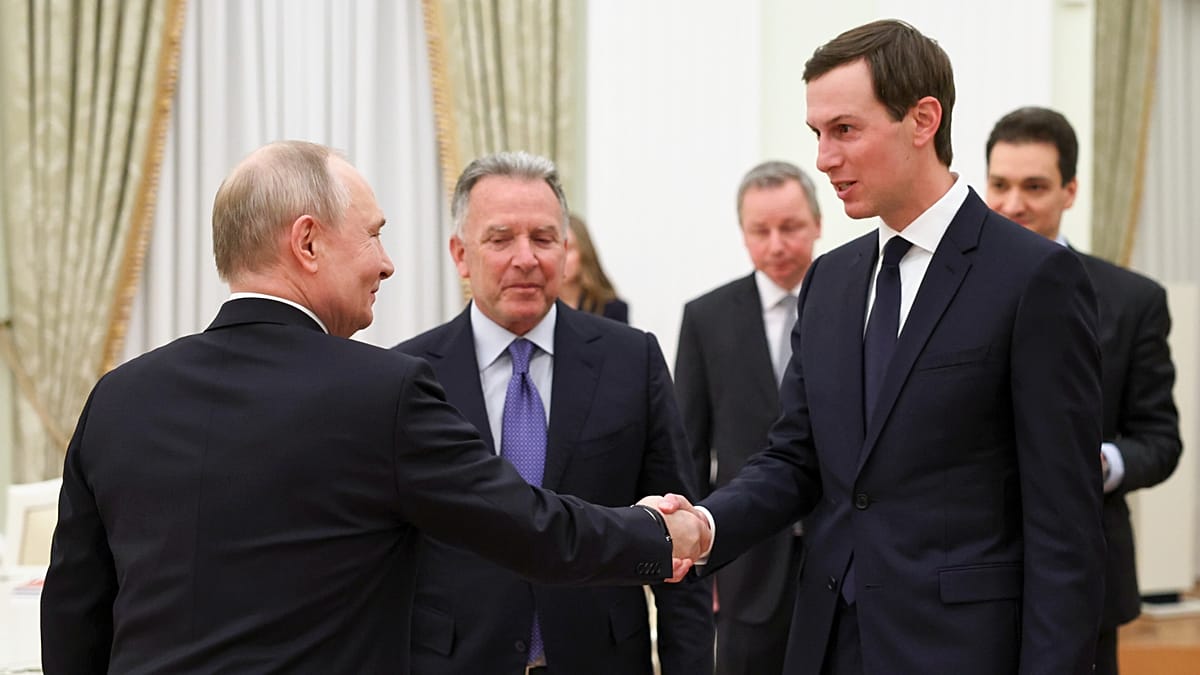


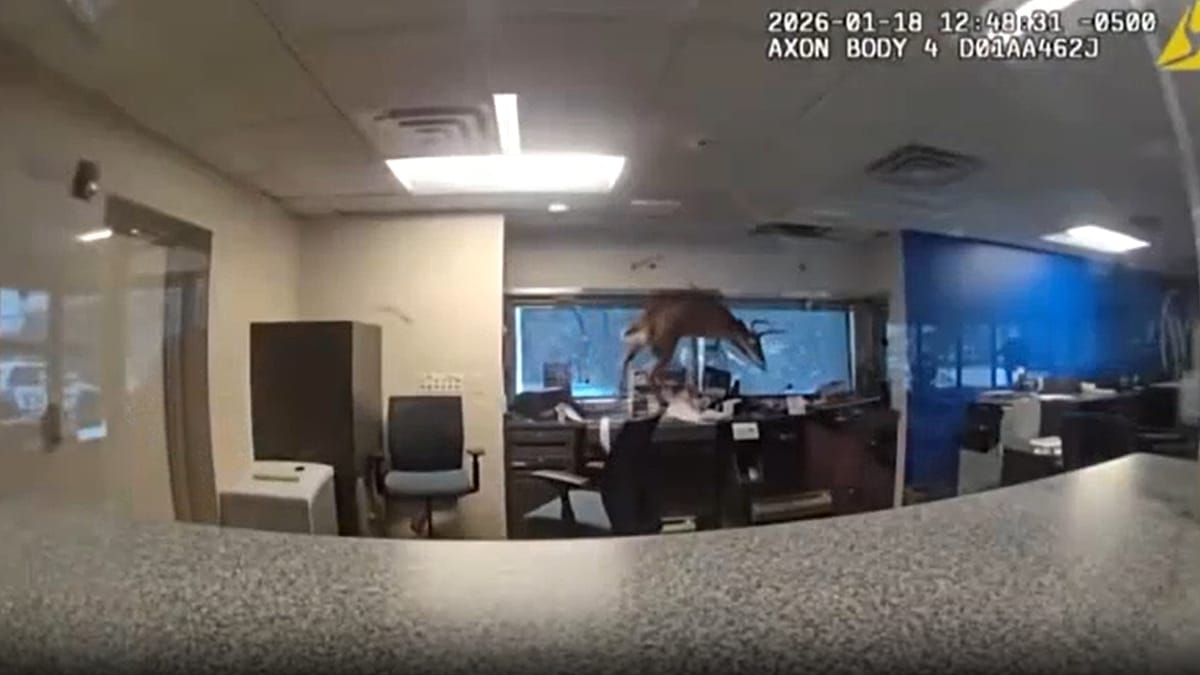





![Vanguard Dumps £1.85bn UK Assets Despite Government Pressure [Pension Revolt]](https://europeanbusinessmagazine.com/wp-content/uploads/2026/01/Vanguard.png)



